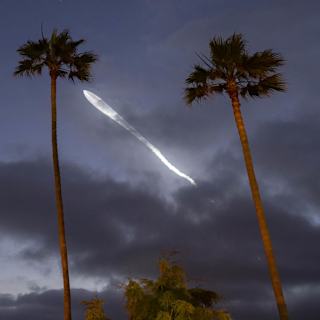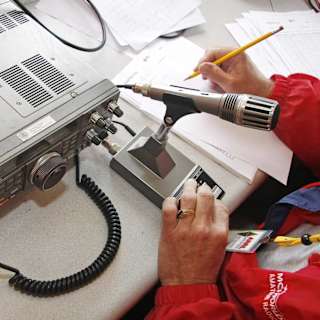- Remote Mountain Lodges
- Arizona Dark Sky Destinations
- Stargazing Accommodations
- Seasonal Viewing Conditions
Arizona's remote mountain regions offer exceptional stargazing opportunities with their clear, dark skies, alongside luxury accommodations that combine wilderness seclusion with upscale amenities.
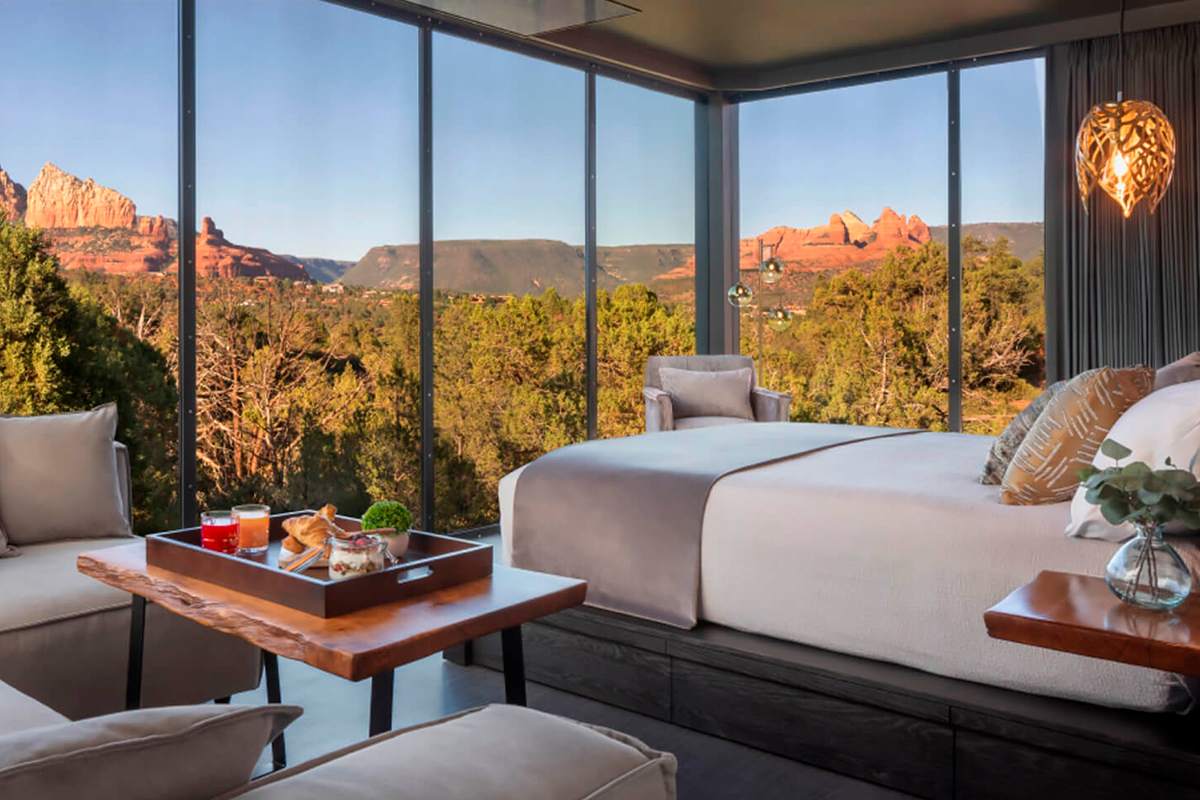
Tucked away in Arizona's elevated terrain, several exceptional lodges provide the perfect combination of isolation and comfort for astronomy enthusiasts. These remote retreats range from rustic cabins in the Mogollon Rim area to luxurious resorts near Flagstaff and Sedona, offering visitors escape from light pollution that plagues urban areas. The White Mountains region hosts particularly secluded options, with properties situated at elevations between 7,000-9,000 feet where the atmosphere is thinner and clearer.
Many of these mountain hideaways feature private observatories, telescope rentals, or guided stargazing programs led by professional astronomers. Properties like Primrose Inn in the Chiricahua Mountains and Alpine Heights Lodge near Greer prioritize minimal exterior lighting and offer specially designed viewing decks that maximize the spectacular celestial shows visible in Arizona's renowned clear mountain air.

The International Dark-Sky Association has certified several locations in Arizona as official Dark Sky Places, creating perfect environments for stargazers seeking accommodations with minimal light pollution. Notable destinations include Flagstaff, the world's first International Dark Sky City, and Dark Sky Communities like Sedona and the Village of Oak Creek. These areas maintain strict lighting ordinances that preserve exceptional night sky visibility while offering comfortable lodging options.
Beyond designated communities, Arizona boasts five Dark Sky Parks, including Grand Canyon National Park and Kartchner Caverns State Park, where visitors can find nearby accommodations that complement their stargazing adventures. Many hotels and resorts in these regions have embraced astrotourism, offering amenities like red-light pathways, astronomy programs, and rooms with skylights or telescope-friendly balconies to enhance the celestial experience.
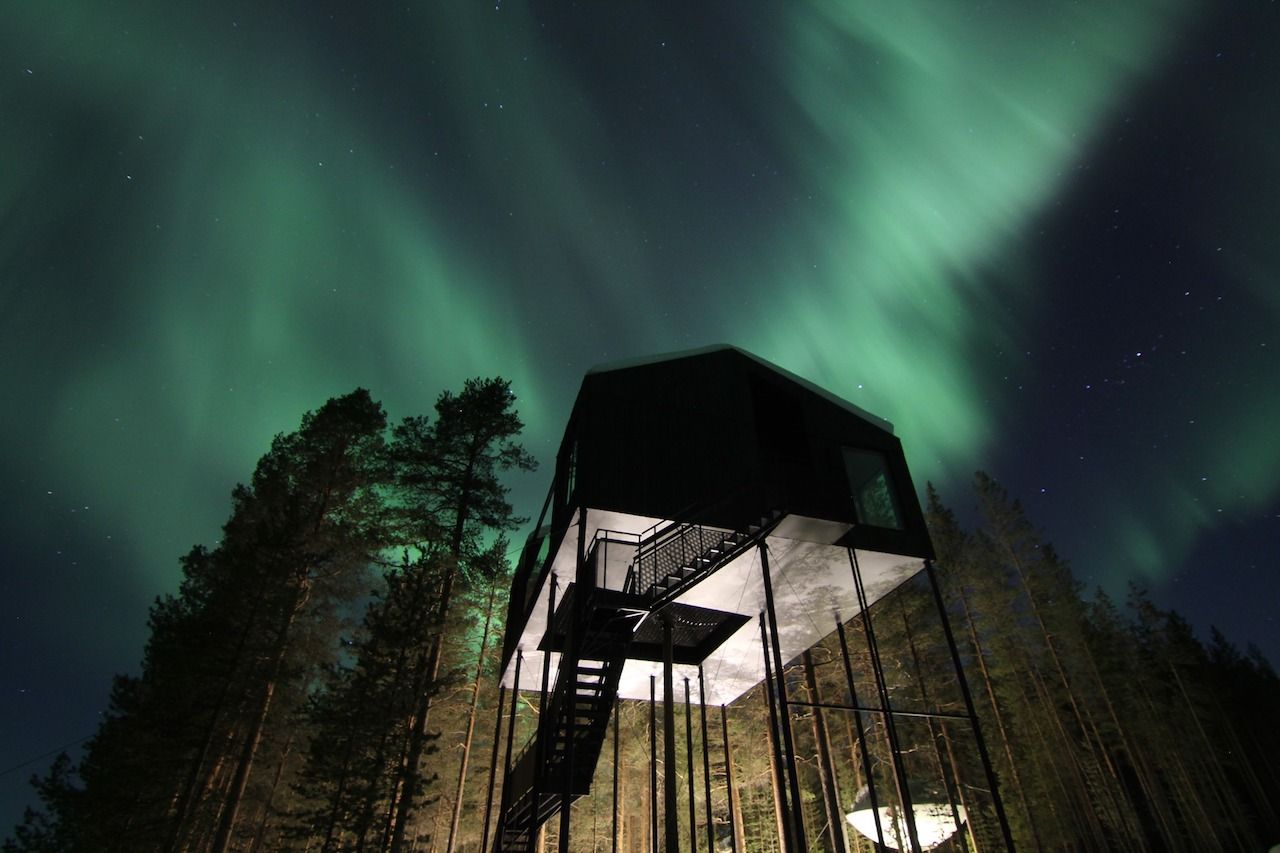
Specialized accommodations throughout Arizona's mountain regions feature astronomy-focused amenities to enhance the stargazing experience. Many properties offer private observation decks, telescopes for guest use, and staff astronomers who conduct educational night sky tours. Luxury options like L'Auberge de Sedona provide "Stargazing Packages" with premium telescopes delivered to your room, while more rustic retreats such as Pine Canyon Lodge near Payson offer open-air sleeping platforms for unobstructed meteor shower viewing.
Some innovative properties have installed unique features specifically for astronomy enthusiasts, including rooms with retractable roofs, glass-ceiling suites, and heated outdoor observation lounges with reclining chairs. These thoughtful design elements allow guests to enjoy Arizona's exceptional astronomical conditions-averaging over 300 clear nights annually-without sacrificing comfort, even during cooler mountain evenings.
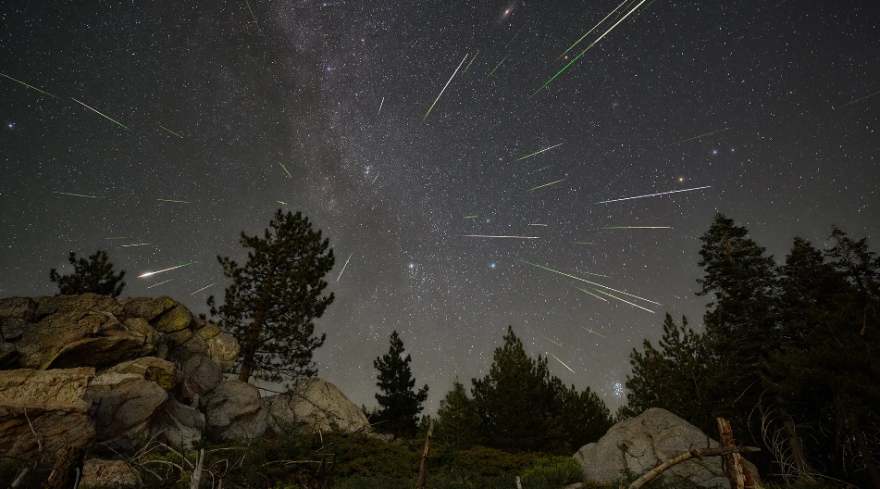
Arizona's mountain regions experience distinct seasonal variations that affect stargazing conditions throughout the year. Winter months (December through February) offer the longest nights and exceptional clarity, though temperatures can drop below freezing at higher elevations. Spring (March to May) brings moderate temperatures ideal for extended outdoor viewing, while summer monsoon season (July through September) occasionally interrupts clear skies with dramatic thunderstorms that typically clear by nightfall.
Fall emerges as perhaps the optimal stargazing season, with October and November featuring stable weather patterns, comfortable temperatures, and minimal precipitation. Many remote mountain hotels offer seasonal packages that align with celestial events like the Perseid meteor shower in August or the Geminids in December. Visitors planning astronomy-focused retreats should consider booking during new moon phases for maximum darkness, with many properties offering discounted rates during these monthly windows of premier viewing conditions.
